What part of INHUMANE TREATMENT don't these bubble-heads in our government understand? The wolves are doing what wolves do. We are the ones infringing upon their rights to live peacefully in the wild.
MATTHEW BROWN
 BILLINGS, Mont. — Government agencies are seeking broad new authority to ramp up killings and removals of gray wolves in the Northern Rockies and Great Lakes, despite two recent court actions that restored the animal's endangered status in every state except Alaska and Minnesota.
BILLINGS, Mont. — Government agencies are seeking broad new authority to ramp up killings and removals of gray wolves in the Northern Rockies and Great Lakes, despite two recent court actions that restored the animal's endangered status in every state except Alaska and Minnesota. Various proposals would gas pups in their dens, surgically sterilize adult wolves and allow "conservation" or "research" hunts to drive down the predators' numbers.
Once poisoned to near-extermination in the lower 48 states, wolves made a remarkable comeback over the last two decades under protection of the Endangered Species Act. But as packs continue to multiply their taste for livestock and big game herds coveted by hunters has stoked a rising backlash.
Wildlife officials say that without public wolf hunting, they need greater latitude to eliminate problem packs. Montana and Idaho held inaugural hunts last year but an August court ruling scuttled their plans for 2010.
"As the wolf populations increase, the depredations increase and the number of wolf removals will increase. It's very logical," said Mark Collinge, Idaho director for Wildlife Services, the U.S. Department of Agriculture branch that removes problem wolves, typically by shooting them from aircraft.
"You just have to accept that part of having wolves is having to kill wolves," he said.
But wildlife advocates and animal rights groups contend the response to depredating wolves has become too heavy-handed. They say a string of court decisions in their favor underscores that the species remains at risk.
"The draconian lengths they are poised to take really are a throwback, to when the same agency was gassing wolf pups in their dens almost a century ago and setting poisoned baits and trapping them," said Michael Robinson with the Center for Biological Diversity.
At least 1,700 wolves now roam Idaho, Montana and Wyoming. There are more than 4,000 in Michigan, Wisconsin and Minnesota. New populations are taking hold in Oregon and Washington, and wolves have been sighted in Colorado, Utah and New England.
Some of the most remote wilderness habitats are becoming saturated with the animals. As a result, packs are pushing into agricultural and residential areas where domestic animals offer an easy meal.
One of the more extreme proposals – burying wolf pups in their dens and then poisoning them with carbon monoxide gas – would be used only infrequently, in cases where the rest of the pack had been killed for preying on livestock, officials said.
More established practices, including shooting wolves from the air and ground, would be expanded.
In Montana and Idaho, officials hope to revive hunting seasons by rebranding them as "conservation hunts" or "research hunts." Also, Montana Democrat U.S. Senator Max Baucus wants ranchers to have more freedom to shoot wolves harassing livestock.
A novel, non-lethal approach to wolf control is being considered in Idaho, according to a Department of Agriculture proposal. After being surgically sterilized, pairs of wolves would be radio-collared and released – "to maintain and defend their territory against other wolf packs that might be more likely to prey on livestock."
Killing marauding wolves is nothing new in some parts of their range: In the Northern Rockies, more than 1,400 have been killed by wildlife agents and ranchers since the first 66 wolves were reintroduced to Yellowstone National Park and central Idaho in the mid-1990s.
But Wisconsin and Michigan in the past avoided wolf killings, instead relocating plundering animals or taking defensive measures such as fencing in livestock. Under applications pending with the U.S. Fish and Wildlife Service, the states want new authority to remove up to 10 percent of their wolves annually, equal to about 110 wolves a year.
Government statistics back up critics' claims that wolves account for a small proportion of livestock losses caused by predators. They kill fewer sheep and cattle than coyotes, bears, mountain lions or even dogs.
Yet where packs get onto ranchlands, the results can be brutal for both wolves and livestock. That was illustrated in a string of recent cattle killings and reprisals outside the small town of Ennis, Mont.
Since late July, at least six ranches near Ennis have suffered cattle killings by a wolf group known as the Horse Creek pack, which lives at the base of the Gravelly mountains.
Within two weeks of the first calf being killed, wolf specialists with Wildlife Services killed two adult members of the Horse Creek pack in hopes of deterring the others.
One was shot on July 29 and the second on Aug. 6 – just a day after U.S. District Judge Donald Molloy in Missoula, Mont. ordered the region's wolves back onto the endangered species list.
After the attacks continued and several more calves died, state officials on Aug. 12 ordered the entire pack removed. Another calf was found dead on Aug. 13, and two on Aug. 17.
On Aug. 18, three more calves turned up dead, bringing the total dead livestock to at least a dozen.
The remaining four members of the pack remained at large late last week. But there was little doubt they would be killed, said Carolyn Sime, Montana's lead wolf biologist
"When we authorize it, we're confident they're going to get it done," she said.
Rancher Jerry Dickinson said the Horse Creek pack killed at least three calves worth a combined $2,400 on the Granger ranch, which he manages.
Their carcasses were found on the Beaverhead National Forest, where the calves had been grazing. Others have disappeared without a trace.
"If they take that pack out, we've bought ourselves maybe two or three years until another pack establishes itself," Dickinson said. "Eventually another bunch of wolves will move in there and we'll get the same problem all over."












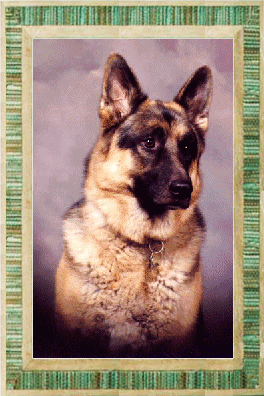


.jpg)



















.JPG)




































.JPG)

































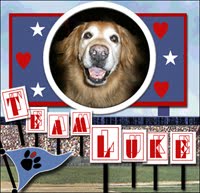.jpg)


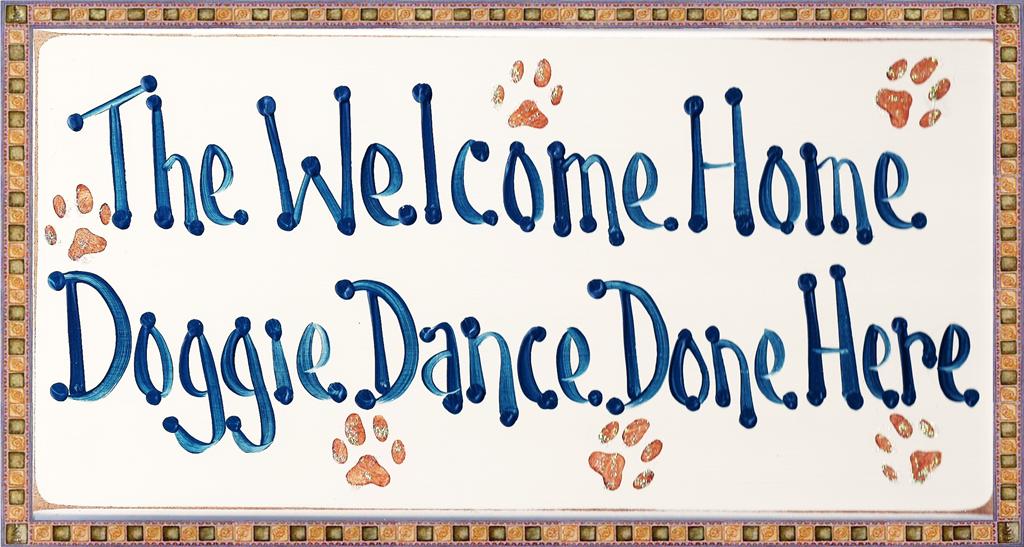


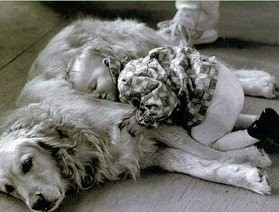

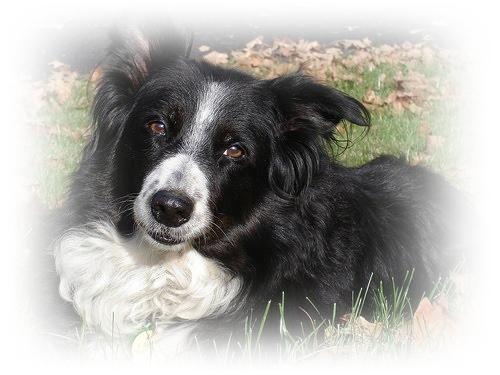






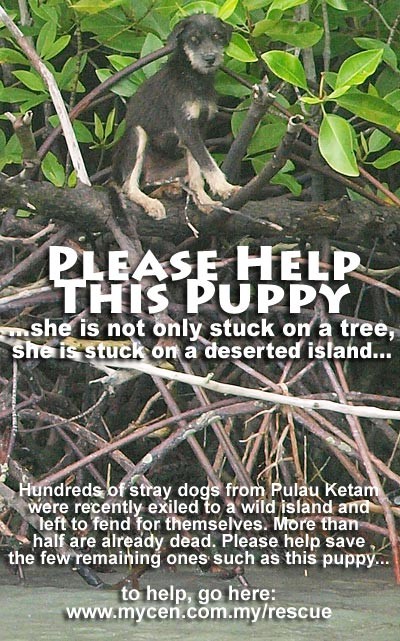











12 comments:
Oh my gosh. That is stupid. What will they think of next? I hate to think about it...
~Maggie
This is so wrong!
Oskar
Why can't people just leave these beautiful wolves alone???
Love,
Teddy Bear
momma is saying bad words...
Benny & LIly
That is not right! Very sad.
It's very sad that we're still of this mentality in so many places!
That makes me sick. You have to wonder, what will they do next? Lots of love, Debbie and Holly
Mimi....time and time again, it is proven, that we humans are the worst BEASTS on earth!
Its a long journey for wolves to find safe homes.
They are driven from the naurual lands by humans. Their forests are cut down and destroyed.
Their cliff and wilderness where their home was,,,, is being populated by humans. The world is taking over the land of nature and the wolves and other wild animals have no where to live. They have no where to hide.
They are constantly hunted,, they are constantly on the run.
Their body shivers from fear because of these BAD peoples who want to run the earth. They kill the whales, now they kill the wolves.
The world that is run by those in charge of making these decisions,,,,their sick and hateful.
Bless all creatures, great and small.
love
tweedles
We build and build until we've taken away all of their territory -
Just like the coyotes - we build and pinch them into no place to call their own -
Sad - just plain sad -
Don't you think hoomans always do something which doesn't make sense at all??? It's really sad though : (
Hmmmm.... What about just relocating these wolves in some of our National Parks that are being over run by drug cartel?
Hugs and snaggle-tooth kisses,
Sierra Rose
Post a Comment